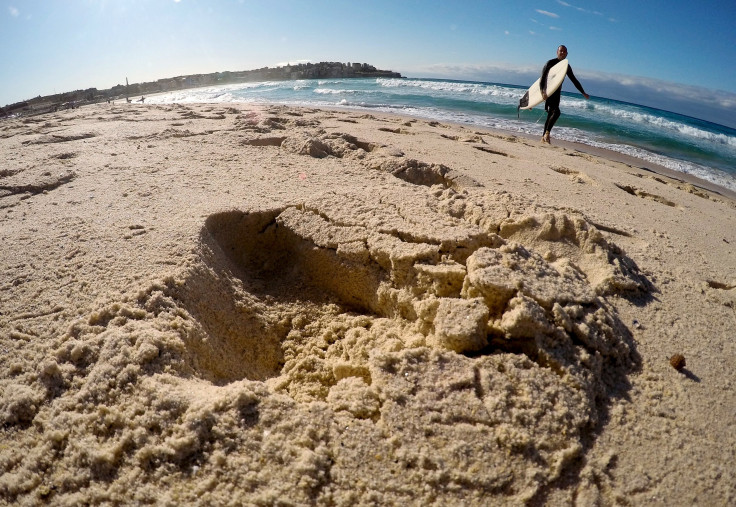Sharks get Perth peoples' support despite fatal attacks

In an outcome to a University of Sydney study on shark attacks, Perth people have stood beside the deadly sea creatures and have opted for non-lethal approaches to stop the attacks. They have spoken against culling of sharks even after two consecutive shark-related deaths rattled Australia earlier this month. The Perth survey has revealed people’s inclination towards research and education rather than killing sharks.
The University of Sydney survey saw 75 percent of the respondents agree to putting money in research and education than catching sharks. They did not support the WA Government's policy of a lethal-response following shark bite incidents. The survey questioned 600 people weighted toward suburbs near the Mindarie and Mandurah beaches. The survey was carried out between June 8 and June 15, the week after the deaths of Ben Gerring and Doreen Collyer.
Only five percent of the respondents supported killing shark involved in fatal attacks and only six percent supported the use of drum lines to catch sharks. About 11 percent supported the idea of using shark nets. Of those in support of non-lethal policies, 25 percent liked the idea of more research in human-shark interactions, 25 percent supported public education campaigns and eight percent wanted sharks to be left alone. The remaining 25 percent wanted investments in non-lethal technologies such as electronic shark shields.
Researcher Chris Neff said that the survey proved there is lack of support for shark culling measures.
“The fact is that while [people calling for tougher shark policy] are the loudest, they are not the majority ... There’s not an agenda in this research. If supporters for the policy were the silent majority, then we would want to find them,” Neff told The Guardian.
He added that 53 percent of the respondents believed that the primary purpose of killing sharks after fatal attacks was to calm the public and not to protect the public. When the respondents were asked who were to blame for the fatalities, 52 percent said they believed shark attacks were accidental and 59 percent said no should be blamed. Only 22 percent thought sharks deliberately bit humans.





















